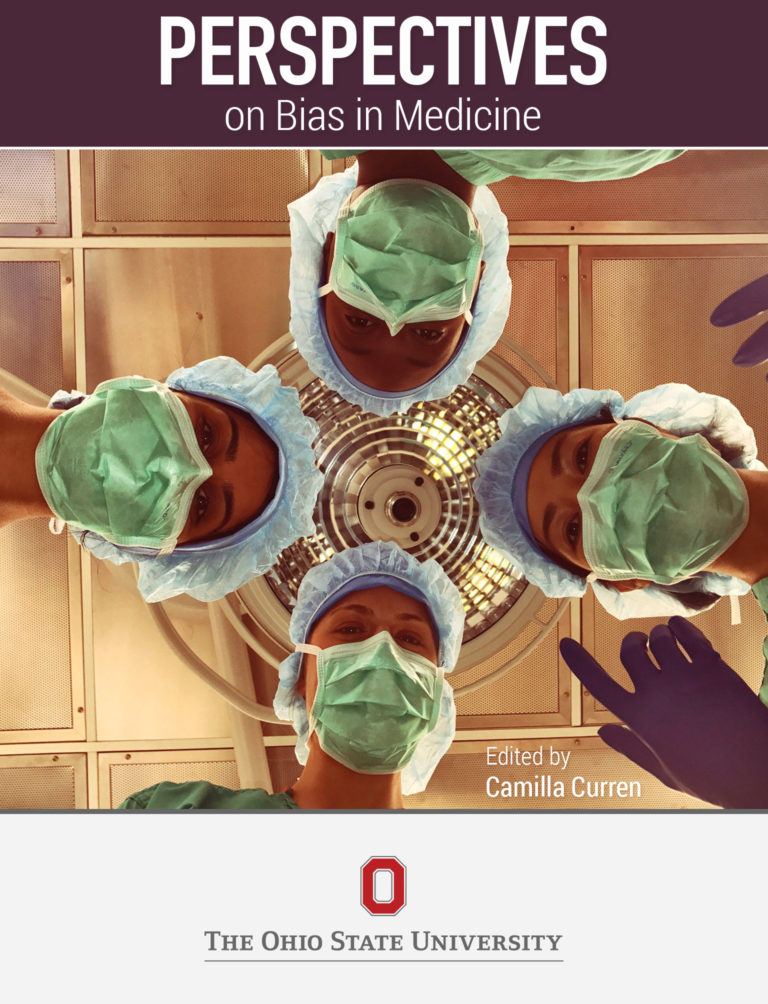
For Medicine, Nursing, & Health Sciences

For Medicine, Nursing, & Health Sciences
While this resource centers on anti-racist content, bias is a topic that covers far more than the traditional ideas of racism. Because of that, the content on this page is broader in scope than the rest of the guide. Bias affects many different groups for many different reasons - these all deserve exposure.
Bias is a prejudice in favor or against a person or group compared with another usually in a way that's considered unfair. Biases may be held by a individual, group, or institution. There are two types of biases:
Biases, be it conscious or unconscious, are not limited to ethnicity and race; biases may exist towards any social group. An individual's age, gender, gender identity, physical abilities, religion, sexual orientation, weight, and more can all be subject to bias.
Unconscious biases are social stereotypes about certain groups of people that individuals form outside their own conscious awareness. Unconscious bias is far more prevalent than conscious prejudice and often incompatible with one’s conscious values.
Adapted from the University of California, San Fransisco Office of Diversity and Outreach https://diversity.ucsf.edu/resources/unconscious-bias.
The everyday slights, indignities, put downs and insults that people of color, women, [LGBT+] populations or those who are marginalized experiences in their day-to-day interactions with people. -- Derald W. Sue
Authority bias is the tendency to ascribe greater weight and accuracy to the opinion of an authority figure. Within the scope of the scholarly world, authority typically refers to the author(s) of a work. When assessing information for quality and relevancy, researchers are often encouraged to seek out information about the authors, their credentials, and any past, relevant writings,
Authority is a construct according to the Framework for Information Literacy in Higher Education. “Information resources are drawn from their creators’ expertise and credibility based on the information need and the context in which the information will be used.” Within the context of conducting research, factors such as race, gender, ethnicity, or sexual identification may aid or hinder those who are identified as authoritative voices on a given subject.
Since authority is a construct, you must be prepared to re-examine how you define authority. This re-examination will require an open mind and some healthy thinking. Approach the information objectively – whether it’s from a blog post, peer-reviewed article, or website. Ask questions about the author, the purpose, and context of the information that is presented. Recognize that there is value in diverse ideas and world views and, that there may be a bias towards those whose voices are heard vs not heard in the scholarly conversation.
For a full list of books recommended on this guide, please click here.
 Perspectives on Bias in Medicine: As Experienced by Health Professionals and Patients
by
Perspectives on Bias in Medicine: As Experienced by Health Professionals and Patients
by